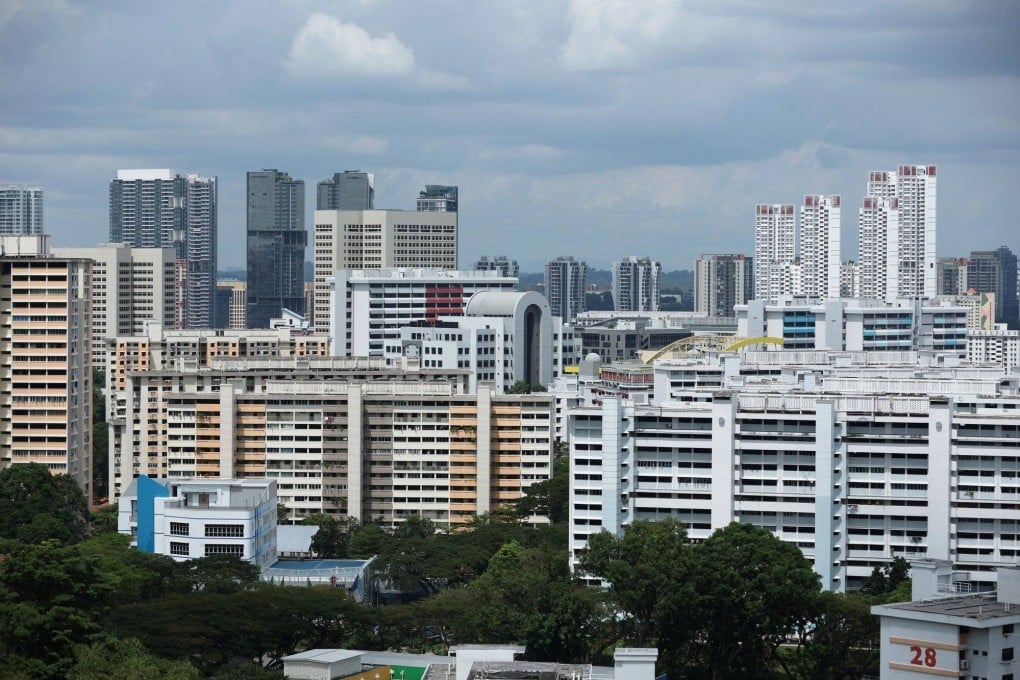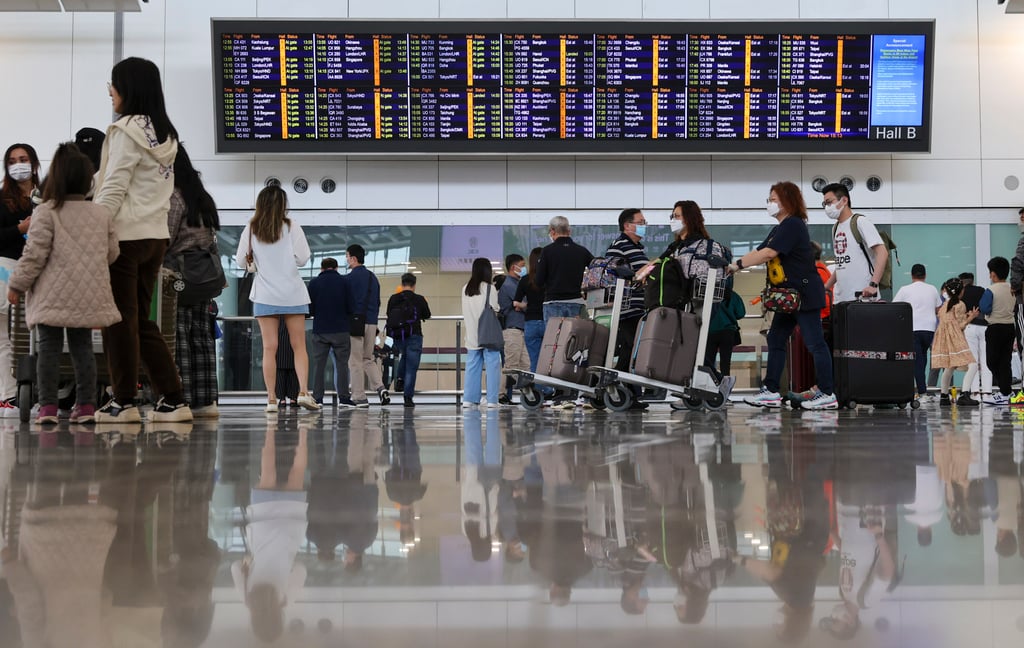Singapore’s rent to soar faster than Hong Kong, offering expatriates and tenants little respite, analysts say
- Hong Kong rents likely to rise by up to 5 per cent this year, while the pace of increase in Singapore may decelerate to 10 per cent from last year’s 30 per cent, analysts say
- There are signs of improvement in Hong Kong’s leasing market, with demand for premium homes picking up on The Peak and Mid-Levels

In Hong Kong, “home rents are forecast to rise by 2.5 per cent in the second quarter and 5 per cent overall in 2023 with the full reopening of borders and scrapping of all Covid curbs”, said Aradhana Khemaney, senior director and head of residential services at Savills.
With the residential sales market picking up, landlords are putting up their properties for sale rather than leasing them out, reducing rental supply and flexibility in negotiations, she added.

The premium rental market has picked up pace, particularly for quality flats and town houses on The Peak and in Mid-Levels, said Khemaney. “International schools were seeing waiting lists again, with places taken up mostly by locals and mainlanders, which we haven’t seen in the past few years.”